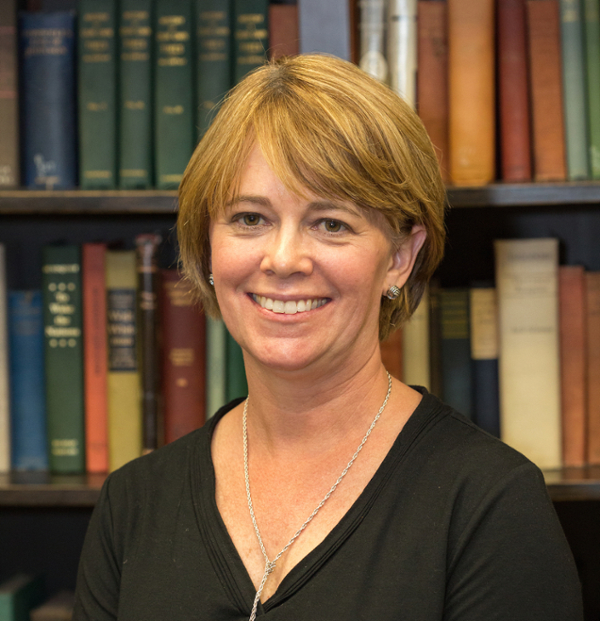
Don’t let COVID be an excuse to marginalize older Americans
Kate de Medeiros is O’Toole Professor of gerontology and a research fellow at the Scripps Gerontology Center at Miami University.
This is an adaptation of an opinion column she wrote that appeared in several media outlets and in the national email newsletter of the American Society on Aging.
Do you believe people who are older are being treated unfairly during the coronavirus pandemic?
Among all the havoc that the coronavirus has wreaked on our society and our economy, perhaps the most quietly pervasive – and therefore the most insidious – is the casual dismissal of “the elderly.” The term itself should retired for good; it’s a blanket label that demeans an entire demographic group as frail and vulnerable based only on chronological age. Similarly, in the age of COVID-19, we run the risk of creating an ageist backlash with unfair attitudes toward two vulnerable populations: people older than 65 and people living in long-term care facilities such as nursing homes. This ageism demeans all of us.
How does that ageism play out in the public discussion?
The subtext is far from subtle, from anonymous internet trolling to the most exclusive centers of power in Washington, D.C. We are told that somehow, older Americans are expendable, that warehousing them into one place will keep the rest of the country safe. It is ironic that perhaps the most trusted American on public health issues is 79-year-old Dr. Anthony Fauci, director of the National Institute of Allergies and Infectious Disease and advisor to six presidents. As I have argued elsewhere, I have yet to see him referred to as “the elderly Dr. Fauci” or as “Dr. Fauci, an active senior.” Why? Because he is strong, smart and active – descriptors that are taken for granted in younger people but that have to be “proven” by older people.
Isn’t age a reasonable way to distinguish different groups of people?
The truth is this: Age 65 should not drive public-health policy or public perception. People age at very different rates. Age 65 is only relevant as an age when some people are entitled to benefits such as Social Security. Nothing else. As we combat the most dangerous public-health crisis in a century, our language reveals our values. I agree that we cannot ignore aging or gloss over the changes that can occur over time as one ages. But people age differently because they live differently – genetics, lifestyle, access to health care and so on. To assign the same language to people with a mind-bending variety of skills and capacity demeans all of us and robs us of their contributions.
What is the best we can hope for?
Perhaps our future includes a vaccine that keeps us all safe. Maybe we will care more for each other and prioritize the public health. I hope so. I also hope that we will reaffirm the value of every member of our society, leaving “old” attitudes behind.
- Follow her on Twitter: @Kate_on_aging
